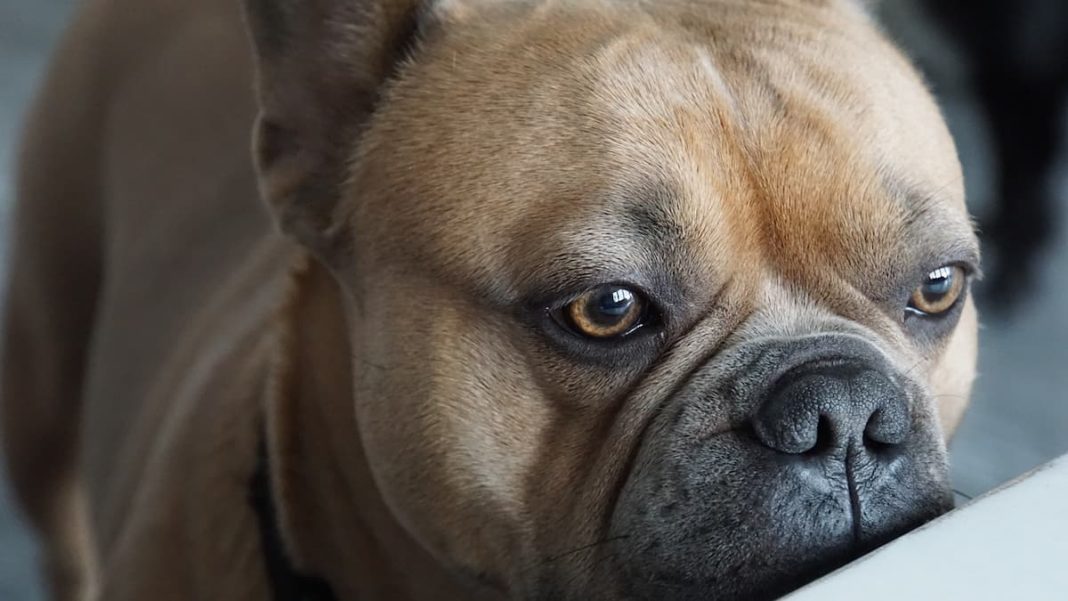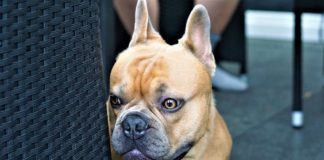Can Dogs Eat Challah Bread?
The short answer to the question “can dogs eat challah bread?” is yes. Dogs can safely eat challah bread in much the same way as humans do—however, in moderation. Challah bread is generally safe for dogs to eat, provided they don’t have any allergies to any ingredients in challah bread, and it usually doesn’t cause any stomach upset.
The normal ingredients of challah bread are:
- White bread flour
- Sugar
- Dried yeast
- Eggs
- Sunflower oil
Is It Safe For Dogs To Eat Challah Bread?
Feeding your dog challah bread as a treat now and then won’t harm them, as long as your dog is also fed a complete and balanced diet and gets plenty of exercise. However, it’s important to note that it also won’t help your dog. Bread is essentially a filler food and therefore doesn’t contain many nutrients that aren’t already supplied by your dog’s food. As anyone who has ever considered going on a diet will know that bread is full of carbs, which could put your dog on the path to obesity if fed too much.
Risks Of Feeding Challah Bread To Dogs
Although challah bread itself is not usually toxic, there are exceptions. Here is what you need to know about the risks of feeding challah bread to dogs to make sure your dog stays healthy and happy.
Dangers Of Bread Dough
If you’ve ever made bread from scratch, then you’ll know that bread dough needs to rise, preferably in a warm, moist, and draft-free environment.
The Merck Veterinary Manual lists bread dough as a hazardous food for dogs. If a dog eats challah bread dough, it could cause their stomach to swell, releasing toxic levels of ethanol into a dog’s bloodstream. The pressure of the rising dough can cause and mimic bloating, but the real danger is alcohol toxicosis. If your dog is fed bread dough or you suspect that your dog has stolen some bread dough, call your local veterinarian immediately and lookout for symptoms of alcohol toxicosis:
- Weakness
- Depression
- Unsteady gait
- Hypothermia
- Seizures
- Coma
Raisin’s: One of the biggest dangers of bread comes from raisins. Raisins are highly toxic and are often found in some types of bread and other baked goods. Veterinarians don’t know exactly why some dogs are more susceptible to raisins than others, however, even a few raisins can cause problems for dogs. Bread with raisins should always be kept out of the reach from all dogs at all times. You should never give your dog a treat that has contained raisins, even if the part of the bread that you’re feeding does not contain raisins.
Garlic: Garlic is another ingredient found in other types of bread that can be toxic to dogs. Garlic bread could tempt your dog’s nose, but garlic can cause serious side effects, like abdominal pain, diarrhea, vomiting and weakness.
Nuts and seeds: Some types of bread contain nuts and seeds, although it appeals to humans for their flavor and health benefits, nuts and seeds can cause problems for dogs. The biggest danger when it comes to nuts is macadamia nuts, but even nuts and seeds that are considered to be safer can be known to lead to stomach irritation and pancreatitis, due to their high-fat content.
Xylitol: Xylitol is an artificial sweetener that has been growing in popularity. It’s most commonly found in sugar-free chewing gum and, more recently, certain brands of peanut butter and baked goods. While harmless to humans, xylitol is toxic to dogs. So, if you feed your dog bread or other baked goods on a regular basis, be sure to check the ingredients, and also double-check the ingredients in any toppings like peanut butter before sharing your peanut butter or sandwich.
Just as giving your dog table scraps, the bread will add calories to your dog’s diet. If your dog is overweight, talk to your veterinarian about moderating their diet and get their advice for creating a plan to keep your dog healthy, happy, and active. Bread packs a high glycemic punch and is high in calories, so only feed your dog very small pieces of challah bread at a time to avoid obesity-related diseases, like diabetes.
Conclusion
Make sure that your dog isn’t allergic to wheat, because if they are allergic, then they won’t have a good time digesting the bread.
Make sure the challah bread that you’re feeding your dog only makes up a very small percentage of their diet, with 95% of their diet being made up of high-quality dog food.
Try to use a brand of challah bread that contains the least amount of sugar possible, as sugar is nothing but harmful to dogs.
Make sure that the brand of bread you feed your dog doesn’t contain any kind of raisins or nuts, both of which may be very toxic to dogs
If you know that your dog suffers from gluten intolerance, you should only attempt to feed your dog gluten-free bread.
To summarise, challah bread is safe for your dog, but only given as a rare treat or an ‘easy on the tummy’ option. Your dog will not reap many nutritional benefits from challah bread, but it’s widely recognized as a healthy alternative to other higher fat and higher calorie treats. If you make the decision to feed your dog challah bread, make sure to examine the ingredients closely. And, as you would with any other food, try getting the healthiest options possible! You and your dog will both benefit from opting for options that have lower sugar and lower sodium. Just remember: moderation is key! If you still feel uncomfortable with feeding your dog challah bread, then contact your local vet for their advice!









